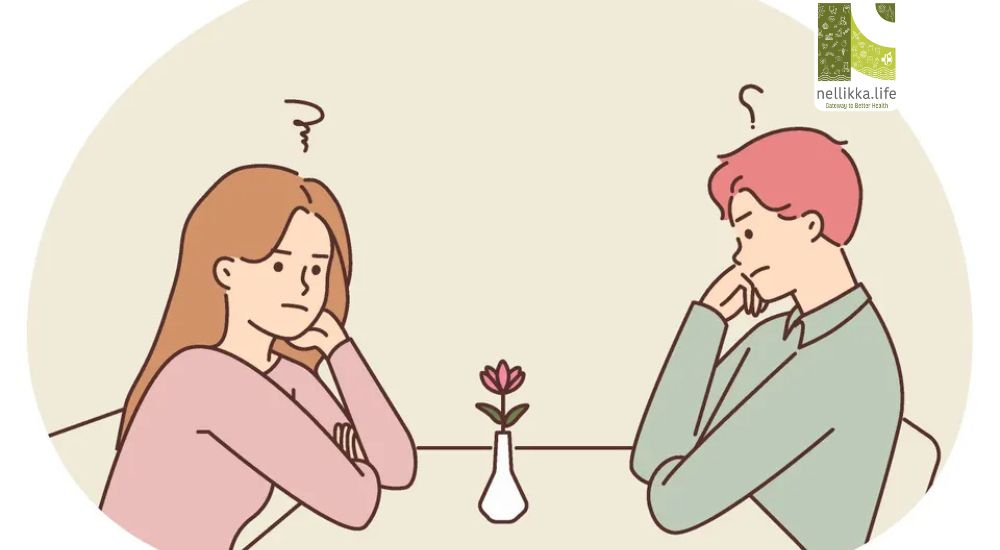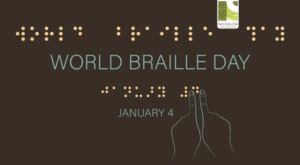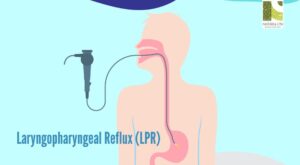“Are We in a Relationship or a Situationship?” – A Candid Chat Between Two Friends

Characters:
Tanya – Recently started seeing someone new, a romantic and believer in love.
Rhea – Practical, observant, and curious about modern love labels.
Tanya:
Rheaaa, I seriously need to talk to you. I think I’m seeing someone, but I’m not sure what to call it. Is this what people mean by a situationship?
Rhea:
Wait, hold on. You’re seeing someone but not in a relationship? Now I’m confused. Spill the tea, Tanya.
Tanya:
So, we talk almost every day, go on coffee dates, text till 2 AM, and even share some really personal stuff. But… he hasn’t exactly said we’re exclusive. And sometimes he disappears for days. I don’t even know where I stand.
Rhea:
Ah. Classic signs. Sounds like you’re stuck in what Gen Z calls a situationship. It’s like dating with no label, no direction, and lots of emotional confusion.
Tanya:
But how is that different from a relationship? I mean, we’re close. Isn’t that enough?
Rhea:
Here’s the difference, babe —
A relationship has clarity. Both people are on the same page emotionally, mentally, and even socially. There’s commitment, even if it’s just emotional.
A situationship is vague. It’s what happens when two people act like they’re in a relationship but without any actual conversation or agreement on where things are going.
Tanya:
Oof. That hit hard. So what I have is emotionally confusing but conveniently undefined?
Rhea:
Exactly. It gives people the perks of closeness without the responsibility. The problem? One person usually catches deeper feelings while the other enjoys the “no-pressure” vibe.
Tanya:
So it’s like friendship with benefits… but messier?
Rhea:
Totally. And here’s the dangerous part — situationships often feel like emotional limbo. You get attached, but you’re not really in it together.
Tanya:
That’s what’s happening to me. I feel like I’m investing emotionally but he’s… casual about it.
Rhea:
If you’re constantly guessing how he feels, it’s not love. It’s anxiety. Relationships should bring peace, not confusion.
Tanya:
You’re right. So what do I do? Should I talk to him?
Rhea:
100%. Ask him what he wants. If he avoids the conversation or gives you vague answers, that’s your sign. You deserve clarity. You deserve someone who chooses you out loud.
Tanya:
Thanks, Rhea. Sometimes I just need someone to call it out.
Rhea:
Anytime. And hey — don’t settle for a “situationship” when you’re relationship material.
The Science & Psychology Behind It
- Emotional Ambiguity = Psychological Stress
A 2021 study published in The Journal of Social and Personal Relationships noted that uncertainty in romantic connections leads to higher cortisol levels and reduced emotional wellbeing.
👉 Reference: Journal of Social and Personal Relationships - Commitment and Mental Health
Research from The American Psychological Association (APA) shows that secure, committed relationships improve emotional regulation, while unclear or unstable relationships (like situationships) are linked to anxiety and depression.
👉 Reference: APA on Relationship Health - The Rise of Situationships
The phenomenon is real—Psychology Today and Harvard Health both highlight how the “talking stage” or “no-label” connections are creating confusion in young adults navigating modern love.
👉 Reference: Psychology Today – Situationships
Pros & Cons of Situationships (from Psychology Today)
Psychology Today lays it out:
Pros:
- Freedom and flexibility—no pressure or defined roles
- You can date others, keep things low-stakes
Cons:
- Lack of consistency, loyalty, deeper connection
- Leads to uncertainty, time wasted, and emotional limbo psychologytoday.com
So yes, you might enjoy closeness without responsibility—but you’re also risking emotional instability.





